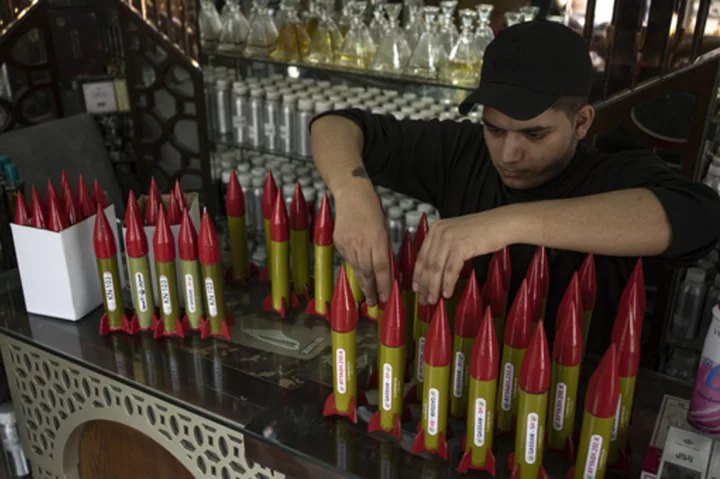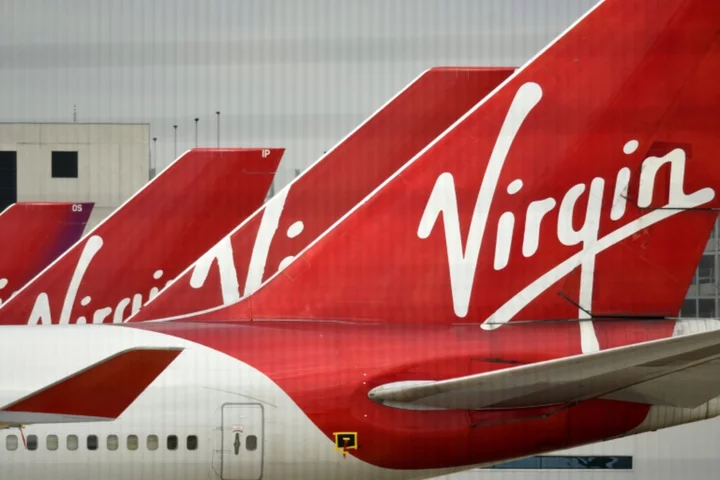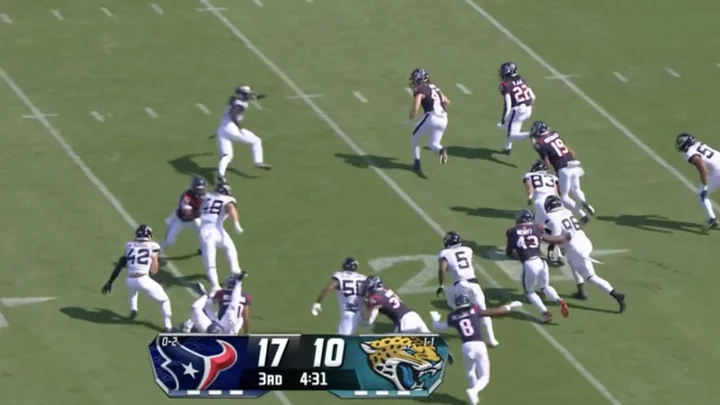GAZA CITY, Gaza Strip (AP) — In Gaza, a perfume vendor has found an unusual way to show his defiance of the Israeli blockade of the coastal territory. Rocket-shaped vials line the fragrant shelves of his Hijaz perfume shop in the Al-Saha market of Gaza City.
Customers seeking a new fragrance can choose a “KN-103” scent, or perhaps spring for a “Buraq-100” — it depends which militant group’s rocket they’d like to display in their boudoir.
Shopkeeper Hamza Abu Saraya, the owner of the popular perfumery in the besieged Gaza Strip, said he first came up with idea to design perfume bottles shaped like militant rockets during the Israel-Gaza war in 2021 — the fourth since the militant group Hamas seized control of the area in 2007.
The war involved exchanges of airstrikes and rocket attacks between Israel and Palestinian militant groups in Gaza, leaving over 250 Palestinians dead. Thirteen people were killed in Israel. Militant groups in Gaza including Hamas and Islamic Jihad fired hundreds of rockets at Israel.
Israel and the EU consider both Hamas and Islamic Jihad — Iranian-backed organizations that oppose Israel's existence — terrorist groups. Human rights groups have accused both Israel and the militants of committing war crimes during the fighting.
Upon entering the store, clouds of incense give way to rich, floral scents coming from the miniature iron rockets, each labeled with the name of the projectile they represent.
Tiny models of the rockets from each group are represented in the shop for roughly $13 each. Within each vial, perfumes imported from outside Gaza have been locally mixed by workers in the strip. Gaza does not have any homegrown perfume brands.
For many buyers, the act of purchasing these perfumes is seen as a symbol of supporting Palestinian efforts to oppose the Israeli blockade of Gaza and the occupation of the West Bank. Israel says the blockade is to prevent militants from arming themselves, but the Palestinians say the restrictions on movement in and out of Gaza, which have stifled the local economy, amount to collective punishment.
“I love resistance. It’s an art piece in my house,” said customer Islam Abu Hamdallah.









